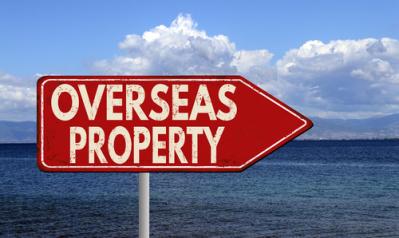Vet guests
When accepting bookings, it's good to run background checks on your guests to ensure they are genuine.
Ask potential guests to send proof of age and identity documents and ask them a few questions about the reason and intentions for their stay. This can help you understand who might be staying in your home and accept or deny their booking depending on the type of home you're advertising, as, for example, a quaint family cottage might not be the best fit for a group of young people looking for a party house.
If your guests are a good fit, this is where you might issue them with house rules to reduce misunderstandings later down the line. Guidelines might include information on the use of the utilities, noise disturbances, check-in and check-out times or even responsibilities surrounding potential damage or incidents.
Keep an inventory
Before a booking, record the condition of all the rooms in your property, as well as any furniture or items you’ve provided for guests.
The best way to do this is to create an excel spreadsheet with multiple columns for the item name, a short description, purchase information, its value, a photo and one for notes on changes in condition.
When conducting checks between stays, you can refer to this to track the condition of your home and its contents to see if you need to bill for any damages or make a claim.
Putting an inventory in place should send a message to your guests and encourage them to respect your holiday home.
Regular maintenance
Between guest stays, ensure you conduct a thorough check of your property to ensure it’s safe and in good working order for the next visitors.
Aside from the deep clean that should take place between guests, check all the utilities are working efficiently, that there aren’t any draughts coming from doors or windows, that drains aren’t blocked, no tiles are loose and all alarms are working correctly.
And remember, if your property is to be empty for longer than a few weeks between guests, turn off all electrical items apart from your boiler, as this prevents water damage from frozen pipes during the winter.
Not only will regular maintenance ensure your property is of the best standard and not compromised against potential claims, but not having any issues during their stay will likely put guests at ease and make them more likely to return.
Maximise security
To protect your property and guests from external threats, equip it with the tools and technologies to make it a safe residence.
Fit locks on all windows and doors, add automatic lights to entryways and turn on alarm systems to block or deter potential burglars from entering the property at night or when empty.
Filling your welcome pack with information and advice on safety and security measures your guests should take during their stay, as well as emergency contact information, will reassure them that they are safe in your home while they’re there.
Clear any personal valuables
While fitting your holiday home with plenty of home comforts and decorations can make it seem more inviting to visitors, there’s no need to leave personal items.
Possessions like jewellery, family heirlooms or money are best to be removed from the property before inviting guests to stay to prevent loss or damage.




.jpg)







.png)


.png)



Join the conversation
Be the first to comment (please use the comment box below)
Please login to comment